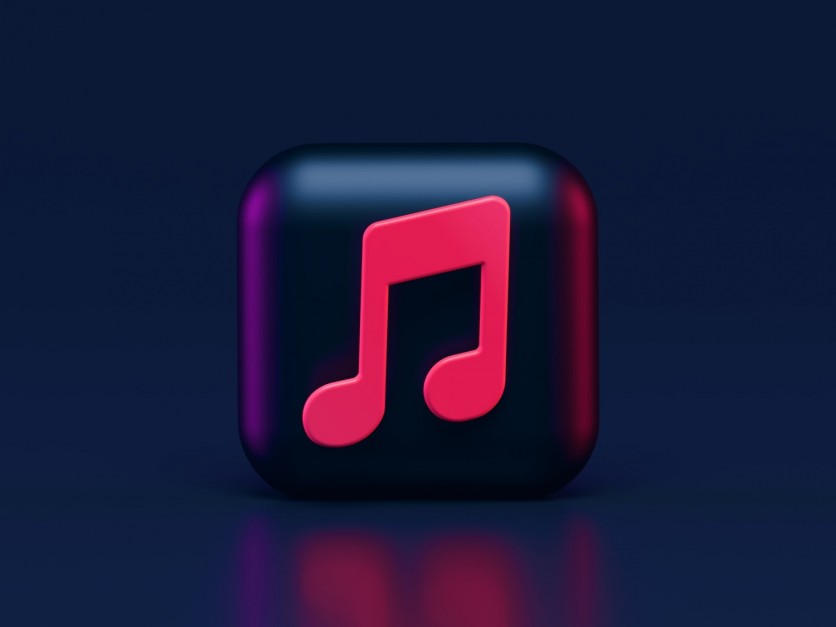The concerns raised by indie music labels highlight a growing debate within the music industry regarding Apple Music's implementation of enhanced spatial audio royalties.

Some Apple Music users say that they see random playlists popping out from the music librabries.
Crying Foul Over Apple Music's Royalty Incentives
Representatives advocating for artists like Phoebe Bridgers and Vampire Weekend express apprehensions about the potential adverse effects of Apple's royalty incentives.
The Verge reported that the argument centers on the financial strain faced by independent artists who may lack the resources to invest in spatial audio recording.
Independent labels, including Beggars Group, Secretly Group, and Partisan Records, are actively opposing Apple's approach to preferential compensation for spatial audio.
Their contention revolves around the belief that the selective payout structure may disproportionately impact independent artists operating on tighter budgets.
This concern stems from the intricate dynamics of streaming music payouts, potentially resulting in diminished earnings for artists who cannot afford the elevated production costs associated with spatial audio recording.
As the music industry grapples with these issues, the debate sheds light on the challenges faced by independent artists and labels in navigating the evolving landscape of digital music platforms and the financial implications tied to innovative audio technologies.
Higher Costs
The intricate landscape of spatial audio production comes with a notable price tag, as indicated by confidential sources within the music industry. Crafting songs in spatial audio reportedly adds an extra $1,000 per song to the production expenses, translating to an estimated $10,000 for an entire album.
As per Financial Times, the financial implications become more pronounced when considering the need to update older music to meet spatial audio standards, potentially leading to even higher costs.
Industry executives argue that this economic burden places a disproportionate strain on smaller entities, putting independent artists and labels at a disadvantage.
In particular, the executives point to larger players like Universal Music Group, which can navigate these substantial financial investments more comfortably.
The financial prowess of major entities allows them to absorb potential setbacks when artists within their roster choose not to embrace spatial audio due to the associated production costs.
This economic dynamic underscores the challenges faced by smaller players in the music industry as they navigate the evolving landscape of audio technologies.
Apple's commitment to spatial audio technology is evident through substantial investments aimed at ensuring compatibility across its entire range of devices, as per Mac Rumors.
While spatial audio is not confined to the Apple ecosystem, extending its reach to other music streaming platforms like Amazon and Tidal, Spotify remains an exception as it has not yet integrated spatial audio into its service.
Beggars Group serves as a prominent hub for independent artists, counting multiple Grammy Award winner Adele and Vampire Weekend among its represented talents.
Secretly Group boasts a diverse roster featuring artists like Bon Iver, Muna, and Phoebe Bridgers, while Partisan Records collaborates with the acclaimed PJ Harvey.
This diversity of talent across independent labels showcases the varied and influential voices present within the music industry.

ⓒ 2026 TECHTIMES.com All rights reserved. Do not reproduce without permission.




